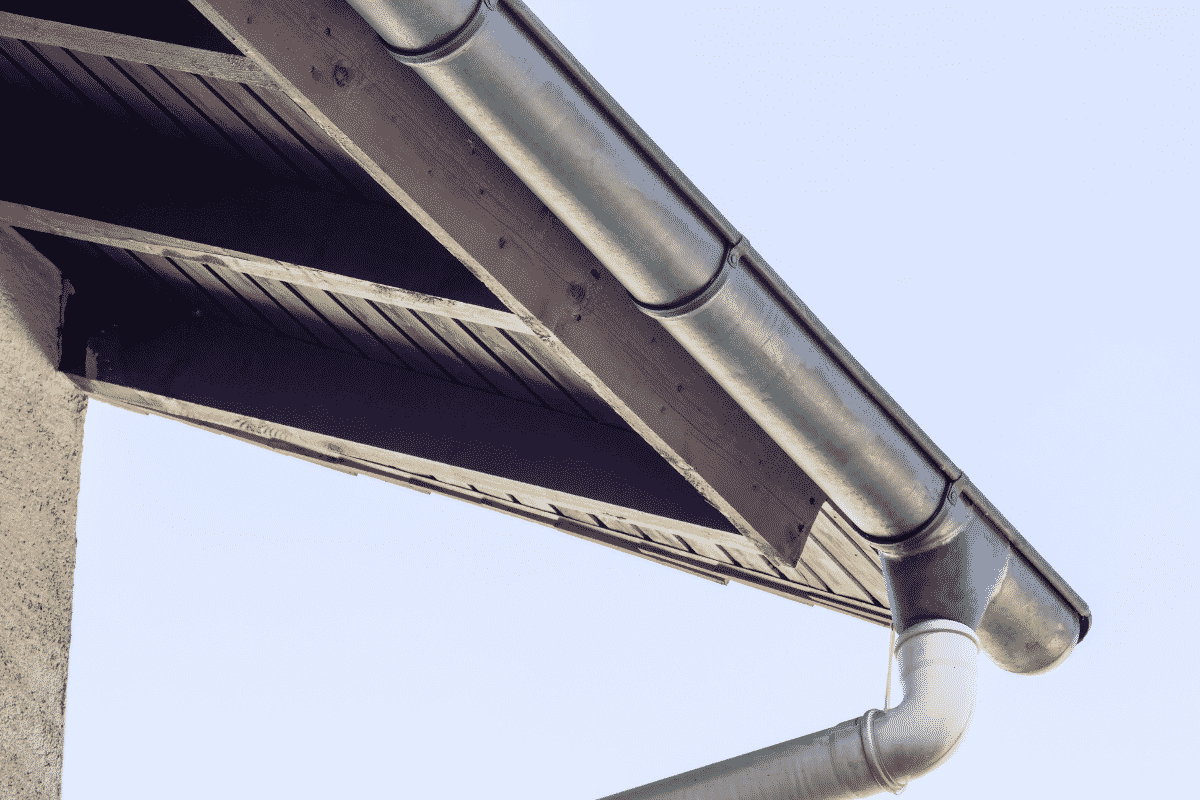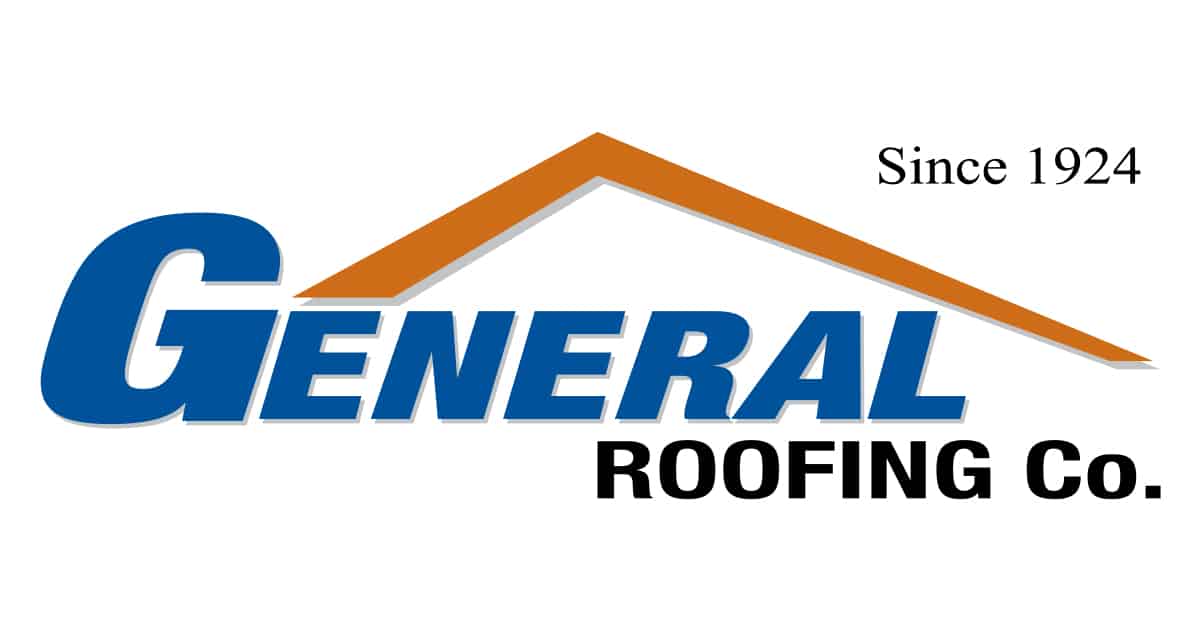
Gutter Installation 101
There are many reasons why a gutter installation may be needed for your property. A well-designed system can prevent any water damage from occurring on your property. Though gutters are not the most exciting part of your home or business, they help direct rain and snowmelt off your roof in an efficient manner. They also help limit flooding, foundation problems, and water damage to your property’s exterior and interior.
In addition, some homeowners will consider installing commercial gutters on their homes for better protection. However, commercial installations are not suited for residential structures. Here are a few differences between commercial and residential gutter systems.
Size of the Building
Commercial buildings are typically much larger than residential properties and require a larger draining capacity than residential gutters. Commercial facilities such as hospitals, gyms, or manufacturing plants often have much larger roofs resulting in more square footage to drain. In some instances, homeowners are tempted to choose larger commercial gutter systems for their homes and think they will provide better coverage and performance. However, homeowners are often told to choose a gutter system that is better designed to match their individual home’s size and roof style.
Building Codes and Installation Requirements
Local regulations for commercial gutters and residential gutters are much different. Your city codes may specify the size, material, and how much water it should drain. These codes also have stipulations regarding how the gutter is installed and where the water is ultimately draining. On the contrary, residential building codes are less stringent and allow the homeowner more flexibility in choosing the appropriate gutter installation for their home.
Additionally, commercial and residential gutters are not installed in the same way. Commercial gutters are typically attached to larger buildings with flatter roofs, therefore, needing to be installed differently. On the other hand, residential gutters are usually installed on a fascia board at the bottom edge of a sloped roof.
Gutter Materials
If you’re looking to save money on new gutters, there is a wide range of materials to choose from. Vinyl is one option to cut back on costs; however, this material is not compatible with commercial properties. On the other hand, aluminum is an excellent choice for both residential and commercial properties because of how affordable it is and the options of multiple colors. Lastly, galvanized steel is another cost-effective material popular amongst many business owners and a few homeowners because of its durability, sturdiness, and longevity of steel gutters.
Design Considerations
Residential and commercial gutters were created to work best on different buildings. Certain styles and designs work better for either a commercial property or a home. Residential gutters typically provide various style options, including the popular K-style and half-round gutters. On the other hand, commercial gutters tend to be bigger and boxier out of necessity.
Knowing the differences between a commercial gutter system and a residential gutter system can help you determine your needs for your property. Contact us today for a free quote on your next commercial gutter installation project.

Recent Comments